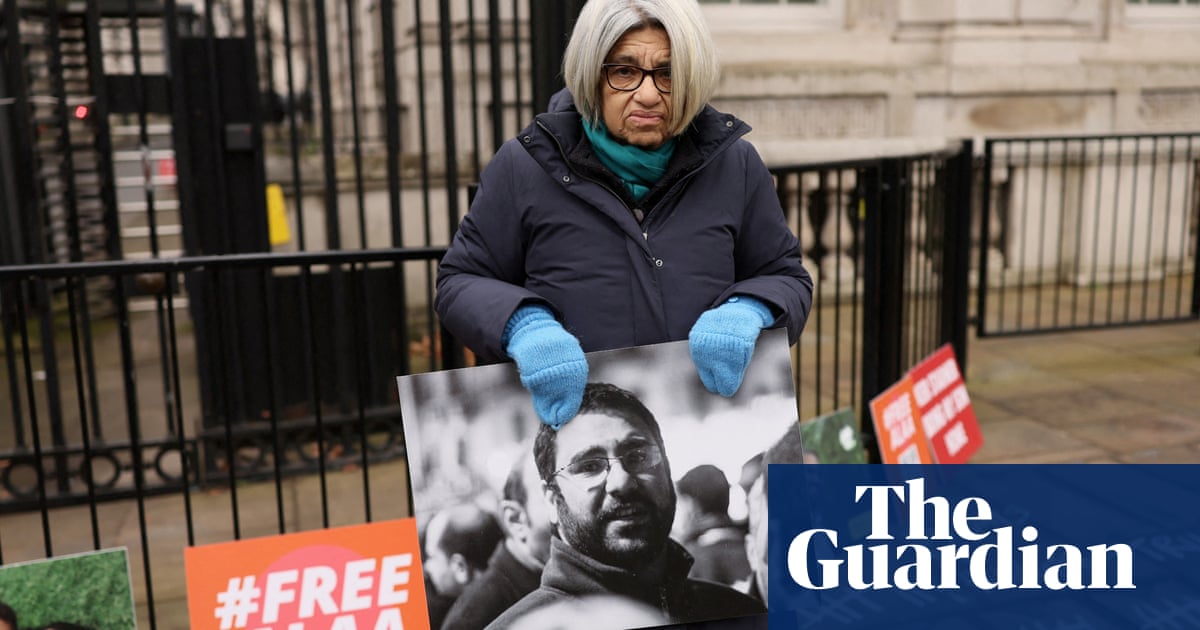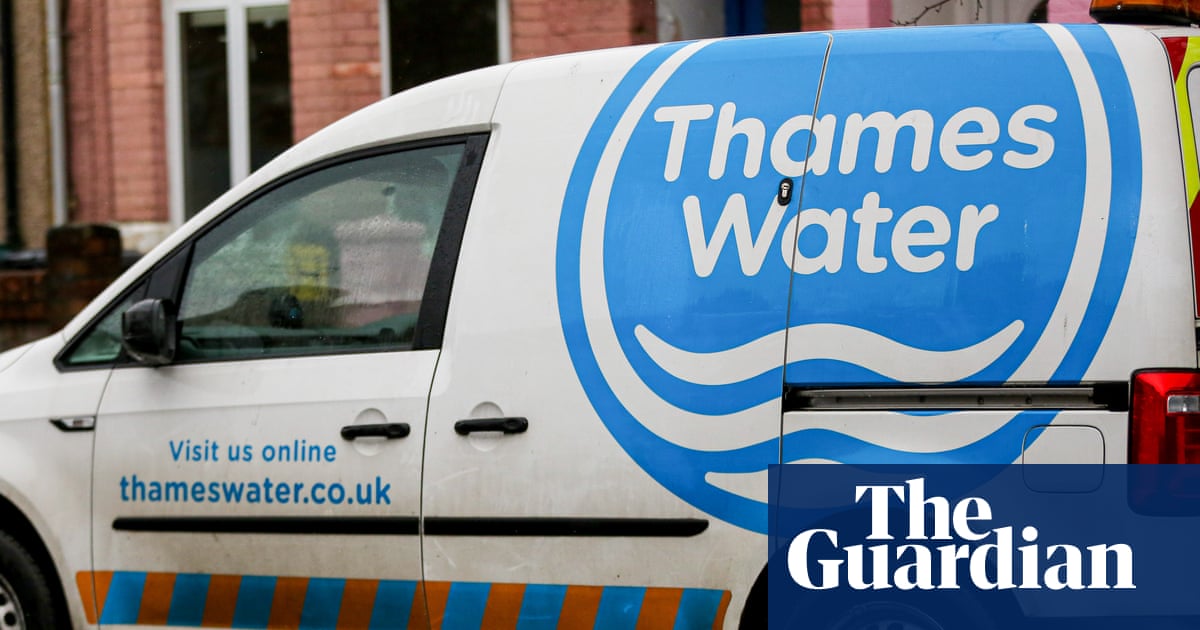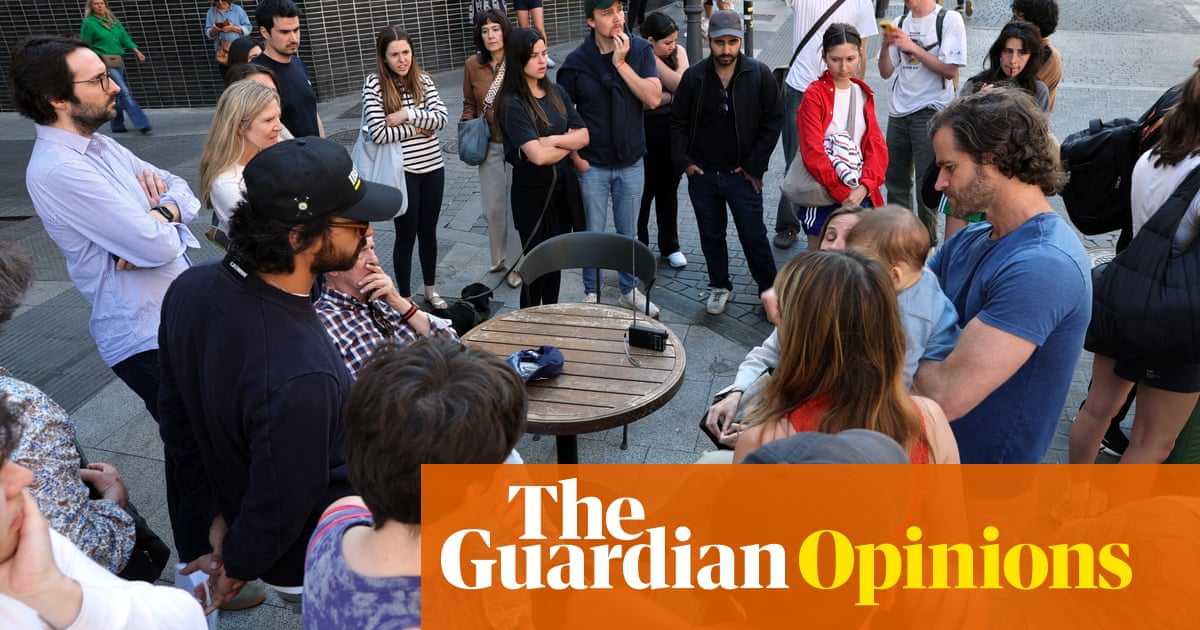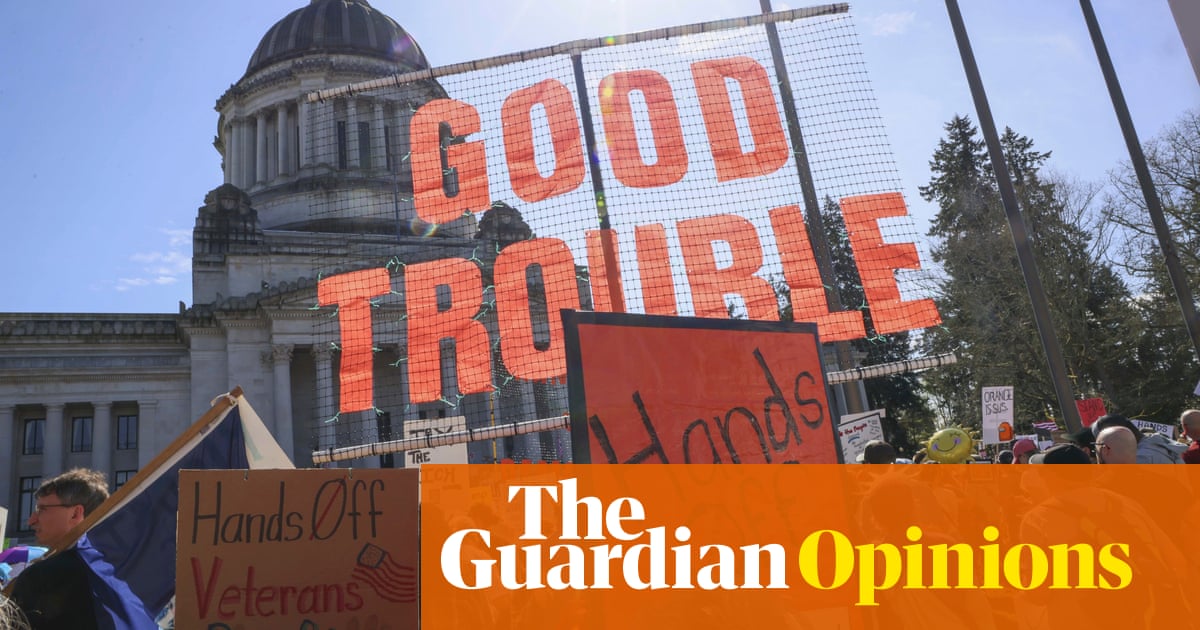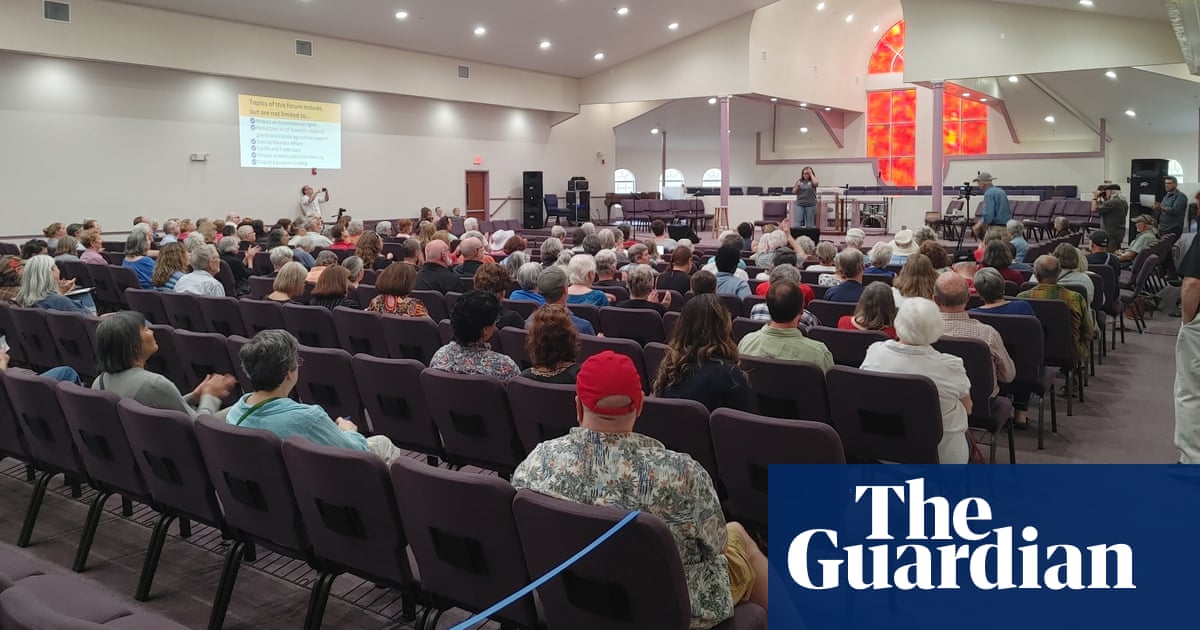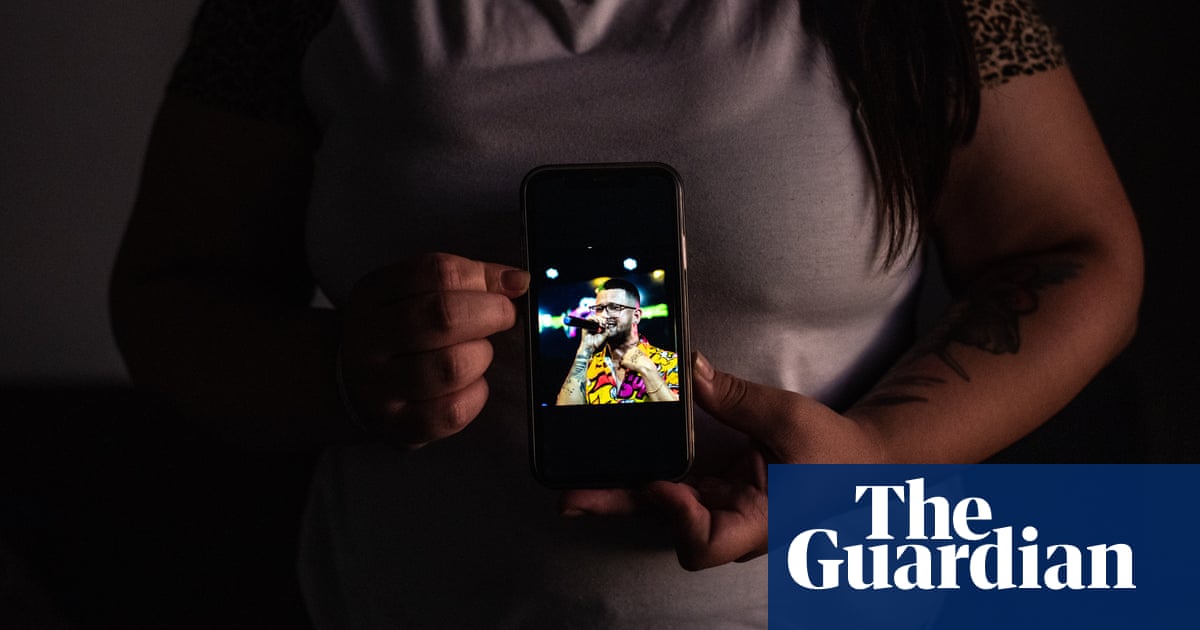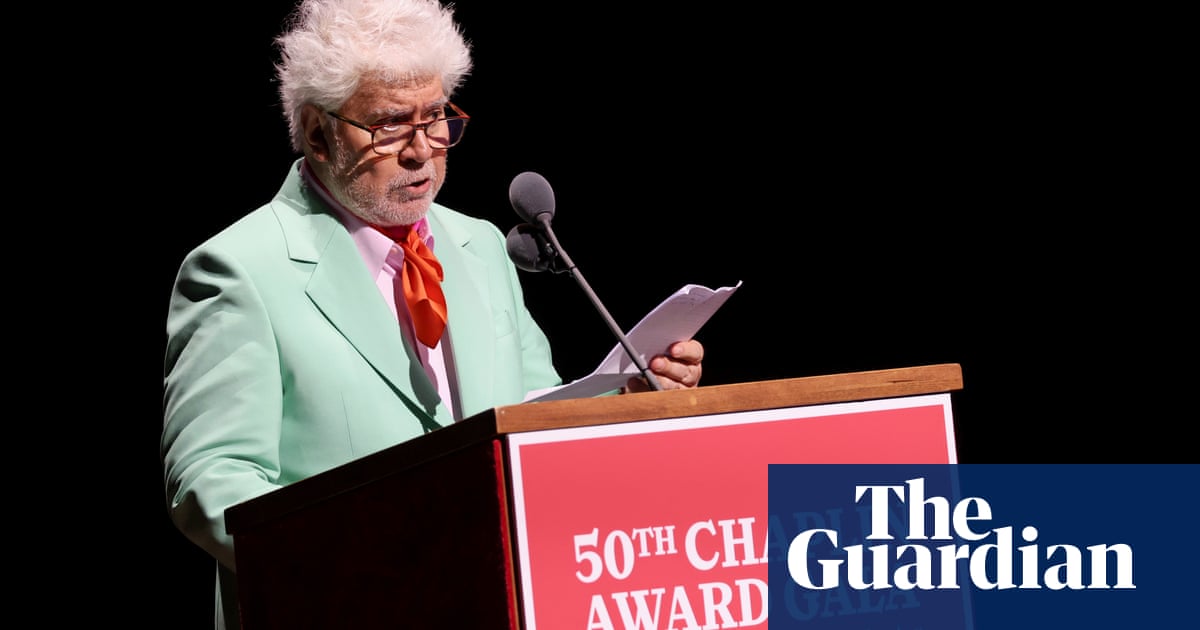Heather Stewart’s excellent analysis (Labour must seize the moment to show child poverty matters in push for growth, 9 February) draws attention to those parts of the social safety net – housing, employment and benefits – that need to be strengthened by Labour’s child-poverty strategy. There are also two parts of the nutritional safety net, which, with the right reform, would put more money in poorer families’ pockets.
First, the NHS’s Healthy Start scheme is worth at least £4.25 a week for families on low incomes with children under the age of four, enabling them to purchase fruit and vegetables, milk and pulses. Yet, at any one time, about one-third of eligible recipients are not registered for the scheme, leaving tens of millions of pounds worth of support unclaimed each year.
Second, the best estimates suggest that a little over 200,000 children in poverty in England alone are eligible but not registered for their free school meal entitlement. Feeding Britain has worked with dozens of local authorities, with support from the Department for Education, to explore ways of maximising registration rates, and one clear recommendation has emerged: a national policy of auto-enrolment, covering both Healthy Start and free school meals, should be embedded in a single application form, which, when eligible families apply for universal credit, automatically signs them up for these two schemes without the need to fill in separate applications.
This modernisation of the welfare state would use data and technology to banish the low take-up of passported schemes that bedevils it and put Labour firmly on the side of children in poverty who have previously been denied this much needed support.
Andrew Forsey
National Director, Feeding Britain
Heather Stewart’s article rightly stresses the need to scrap the two-child limit. Nevertheless, its removal would still leave child poverty at more than double the rate of the 1970s. Ultimately, the level of poverty depends on how the cake is shared. It is Britain’s yawning income gap that explains its dismal record on poverty. The lesson of history is clear: poverty and inequality are umbilically linked. Britain achieved a low point for poverty in the 1970s because it also reached peak equality. This was the high-water mark of postwar egalitarianism. With the dismantling of the pro-equality strategy, Britain is back to its long-term norm of high inequality and high poverty.
The scale of the task involved is shown by the “poverty gap”. This is the amount by which a particular household falls below the poverty line. This sits at about 30%, or over more than £6,000 a year for a couple with two children. This gap stood at about 23% in the 1990s. It is a stark indicator of the inadequate share of national income enjoyed by those on the lowest incomes, and of the power of those at the top to colonise the gains from economic activity.
Stewart Lansley
Visiting fellow, University of Bristol
Heather Stewart succinctly captures the cost of further dithering on child poverty. Child poverty, however, is only one issue where the government is falling short on rights. This week, the UN Committee on Economic, Social and Cultural Rights will grill a UK government delegation on a wide range of issues ranging from its anti-poverty strategy to housing safety, and from discrimination in education to fair working conditions.
Submissions from Just Fair, Human Rights Watch and dozens of others groups paint a deeply worrying picture that the government must account for.
The evidence is clear: for many across the UK the system is failing. People are struggling to access food, housing, healthcare, decent work and social security. One in five people live in poverty in the UK; healthcare service waiting times are excessive; and benefit levels fail to allow for an adequate standard of living. Addressing these isn’t optional but a matter of fundamental human rights.
The Labour government may look to shift the blame on to its predecessors, but its own decisions are part of the problem. Keeping the two-child limit on benefits in place increases child poverty by the day; and refusing to accept a key recommendation of the Grenfell inquiry means disabled people in residential blocks won’t have personal evacuation plans.
In 1976, the UK became a party to the International Covenant on Social, Economic and Cultural Rights, which protects rights to health, housing, education, work and social security. But because those rights under the covenant are still not part of domestic law, those affected have no way to hold the government directly to account. That must change.
Jess McQuail Director, Just Fair
Kartik Raj Senior researcher, Human Rights Watch

.png) 2 months ago
37
2 months ago
37


